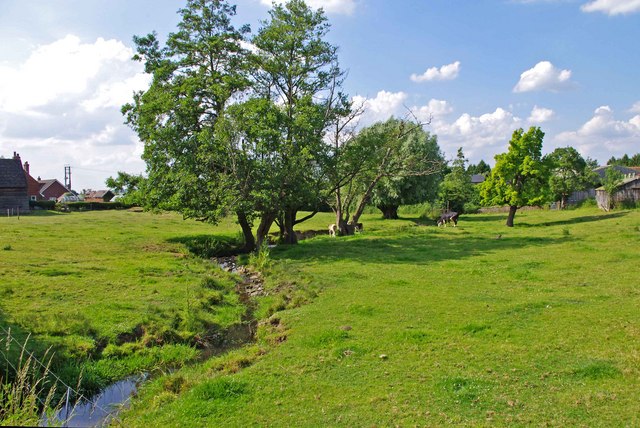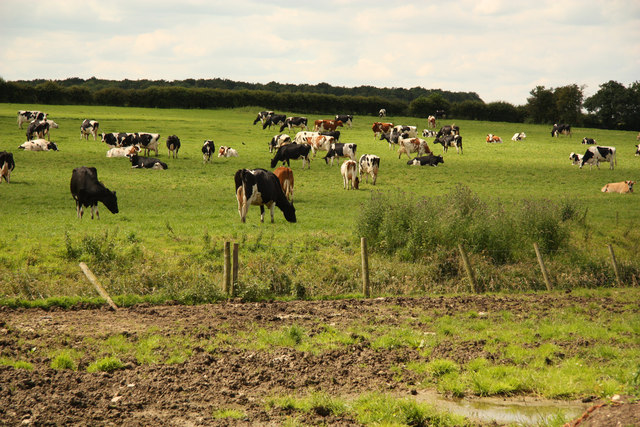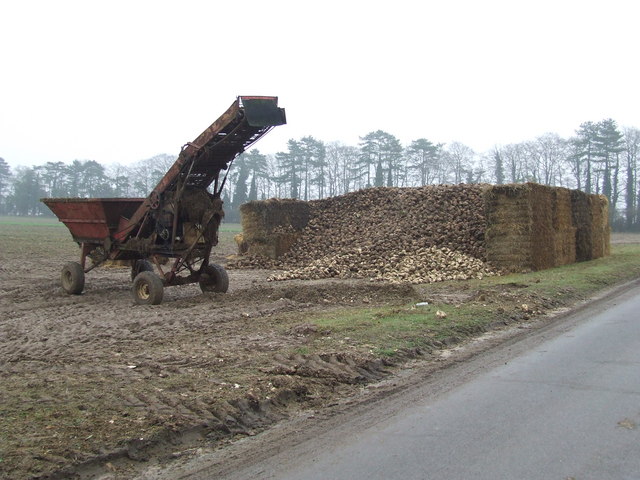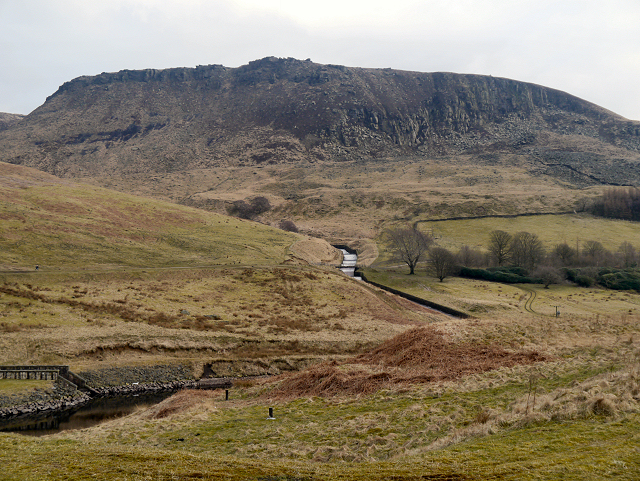The Commission published its Communication The future of food and farming in November 2017 following an extensive public consultation process. Legislative proposals accompanied by an impact assessment are expected at the end of May. At the same time, the UK is preparing for life after Brexit. To this end, the UK Department for the Environment, Food and Rural Affairs (DEFRA) published a Command Paper (consultation document) on February 27 seeking views on a future post-Brexit agricultural policy. The paper provides a clear direction of travel for UK, or at least, England’s future agricultural policy, and will result in a White Paper and legislation in the form of an Agricultural Bill later in this parliamentary session.… Read the rest
Is a level playing field an argument for continued support to UK agriculture after Brexit?
We are pleased to publish this guest post by David Blandford (Penn State University) and Berkeley Hill (Imperial College London).
The President of the National Farmers Union (NFU) of England and Wales told the Food Manufacture Group’s Business Leaders’ Forum (Feb 14, 2017) that the NFU is currently actively lobbying the UK government to ensure that British farmers are not disadvantaged with respect to their main competitors in Europe following Brexit. The fear seems to be that cuts in the £3 billion of direct aid, which seem highly likely when Britain leaves the EU and its CAP, will result in a non-level playing field in which UK farmers are put at a competitive disadvantage.… Read the rest
Britain’s policy for agriculture post-Brexit
We are pleased to carry this guest post by Professor Berkeley Hill, Emeritus Professor of Policy Analysis at the University of London.
The surprise win by the Conservative Party in the 2015 General Election left it with the unwelcome obligation to carry out a referendum on UK membership of the EU. Political insiders believe this was one of the Conservative Party election manifesto proposals included to placate the right wing of the party, which David Cameron was intending to sacrifice in order to bring the Liberal Democrats into a renewed coalition government under his Premiership.
However, the Conservative Party won sufficient seats to enter government on its own.… Read the rest
Establishing the UK’s non-exempt limit on agricultural support after Brexit
One of the issues the UK must address in establishing its WTO schedule of commitments post-Brexit is the limit it will have on certain types of domestic support it can provide to its farmers. This limit will, in turn, have implications for the way in which the UK and its devolved administrations can design their post-Brexit agricultural policies, assuming that they might wish to continue to provide some support to their farmers.
Domestic support in the WTO is measured as an Aggregate Measurement of Support, or AMS. Countries which provided non-exempt domestic support in the base period (1986-88) for commitments under the Uruguay Round Agreement on Agriculture (AoA) entered a Total AMS commitment in Part IV of their WTO schedules of commitments (their Bound Total AMS or BTAMS).… Read the rest
We need a British Ecosystem Services Policy not a British Agricultural Policy
We are delighted to bring you this guest post by Professor Ian Hodge of the Department of Land Economy, University of Cambridge on the topic of UK policy towards agricultural land after Brexit. The views expressed are his own and should not be attributed to any organisation with which he is associated.
Brexit requires the United Kingdom to develop its own policy towards agriculture and rural land to replace the Common Agricultural Policy. This must recognise the multiple benefits and costs associated with rural land use and promote the integrated management of rural land in the long term public interest through a British Ecosystem Services Policy (BESP).… Read the rest




